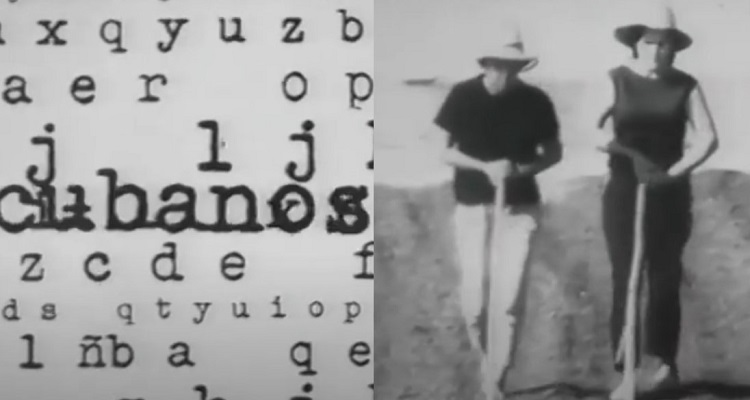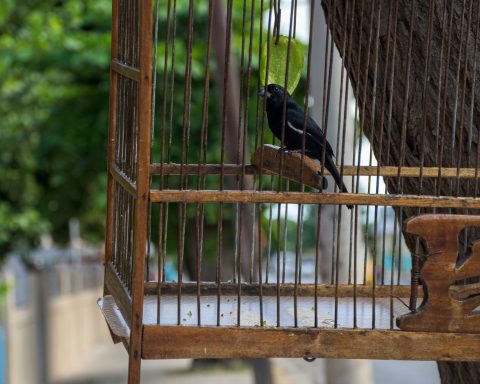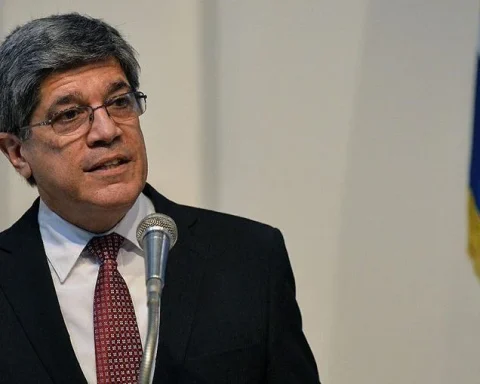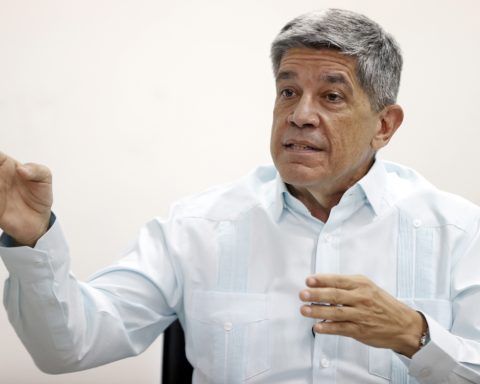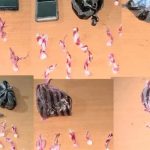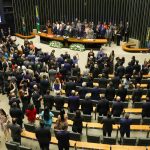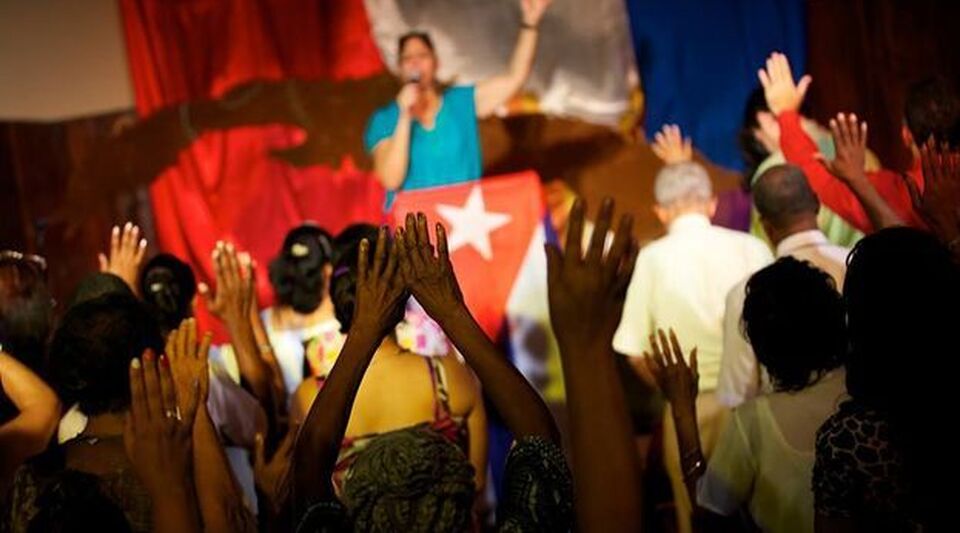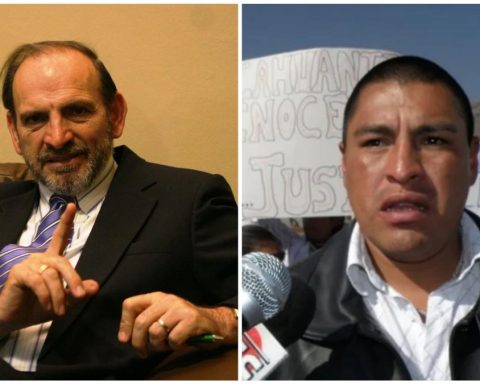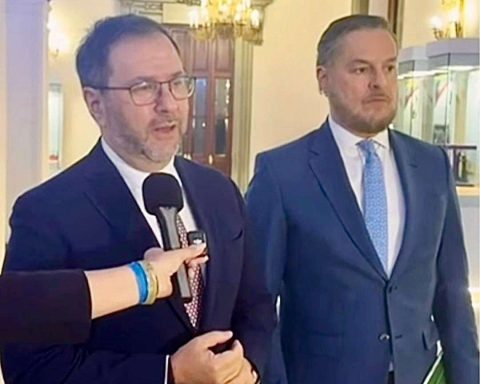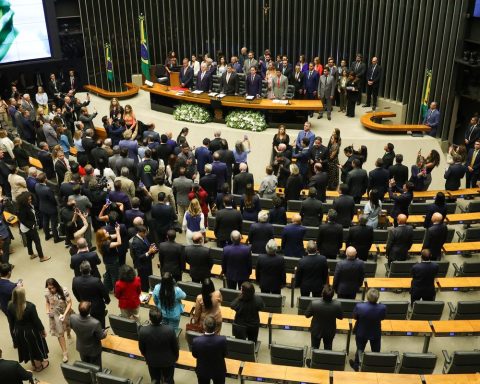MADRID, Spain.- Since several days prior to the 43rd edition of the International Festival of New Latin American Cinema, inaugurated this December 1 at the Chaplin Cinema in the capital, the Cuban official media have been announcing a tribute to Nicolás Guillén Landrián, one of the biggest documentalists that Cuba has given.
This is a special audiovisual presentation landrianmade by the filmmaker Ernesto Daranas and a theoretical event at the Casa del Festival where the audiovisual will be screened for further analysis Inside Downtown (2001), made by Landrián in the United States shortly before he died.
Latin Press He referred to Landrián, exiled from Cuba at the end of 1980, as “one of the most notable creators today of Cuban documentary and Ibero-American cinema.”
Just as he indicated that Daranas’ production “deepens and rediscovers the work of the important filmmaker and his particular creative processes.”
In addition, it will be screened in an old neighborhood (1963), those of the dance (1965), Ociel del Toa (1965) and Arabic Coffee (1968), which were restored to rescue his work.
In a recent interview with On Cuba, the author of films like Conduct Y the broken gods explained that the documentary is aimed at that large audience that does not know the life and work of Landrián. Just as he pointed out that the Archive with Landrián’s materials was in the hands of the ICAIC, so “that was the first door that had to be knocked on” to restore his work, “which was being lost.”
“I knew that others had tried to restore Landrián’s work outside of Cuba and that the negotiations had not prospered. That is why I asked the experienced editor Pedro Suárez to design a workflow for me to do the restoration in Cuba. That was the original idea and with it I went to see the president of ICAIC, Ramón Samada, who offered us all the necessary support. Then the pandemic arrived, finished off by the Ordering Task, and all the design that we had done to finance the restoration went down. So we had to go out and look for international support,” said Ernesto Daranas.
Asked about the reprisals of the Cuban Government against Landrián, he considered: “I do not believe that the errors committed and those that are committed in our country respond to a universal logic. Nor do I believe that the circumstances, however tense they may be, justify excesses. The reprisals that Landrián suffered were suffered in Cuba and the most serious thing is that this modus operandi of our politics and our culture remains in force.
Receive information from CubaNet on your cell phone through WhatsApp. Send us a message with the word “CUBA” on the phone +525545038831, You can also subscribe to our electronic newsletter by giving click here.
